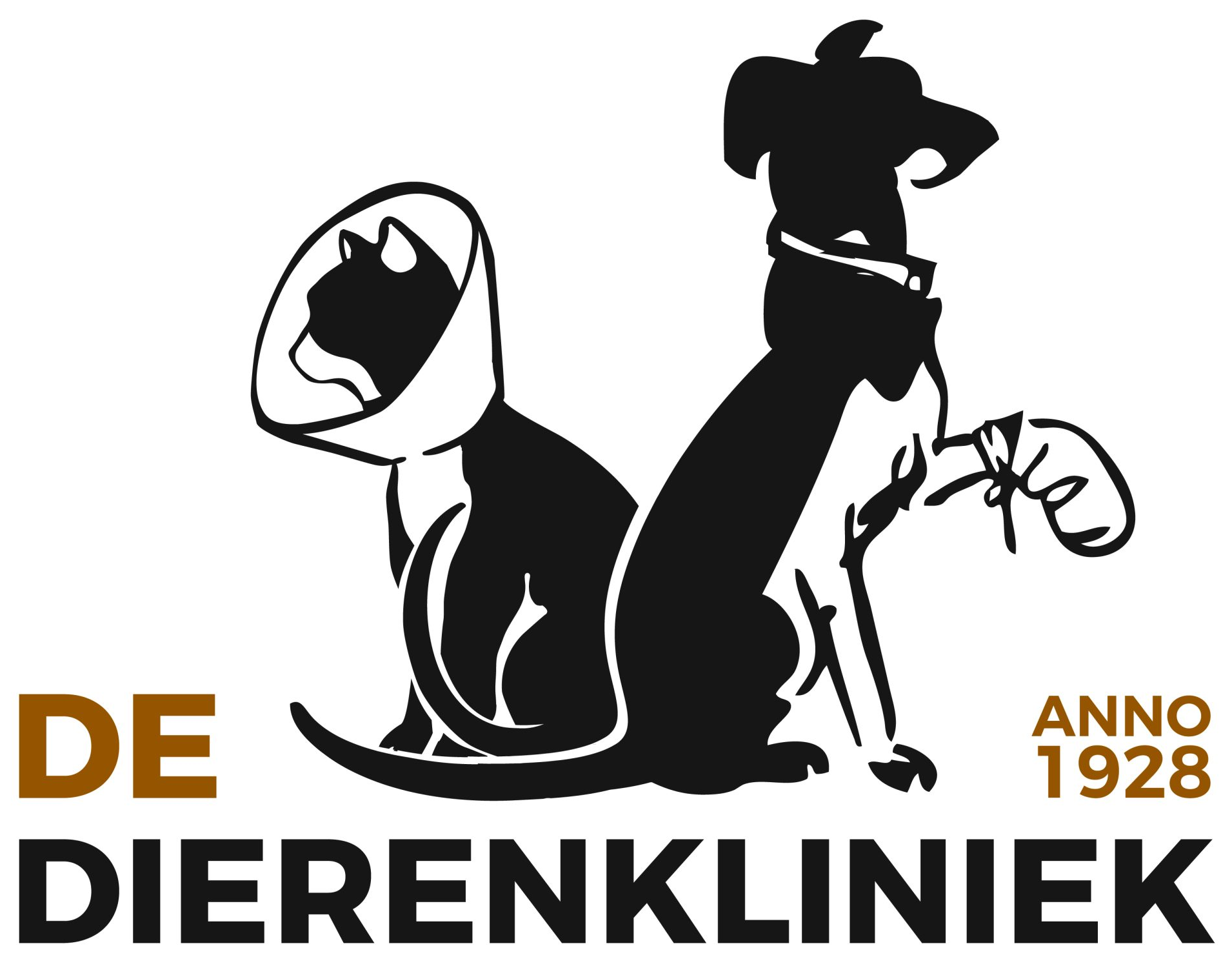Is your dog vaccinated?
Vaccinating your dog
Regular vaccination is important for dogs of all ages. Vaccinations are intended to prevent infectious diseases or make the symptoms of the disease less severe after infection. Infectious diseases can be transmitted in different ways:
- Directly through an infected animal (sniffing, licking, biting)
- Through the air (coughing, sneezing)
- Through the environment (water, floor, handles)
- Through people (hands, clothing)
This means it is also advisable to vaccinate dogs that have little to no contact with other dogs.
Basic and supplementary vaccinations
Vaccinations are divided into basic and supplementary vaccinations. Basic vaccinations are vaccinations that are recommended for all pets, regardless of place of residence and living conditions. Supplementary vaccinations are only recommended under certain circumstances.
The basic vaccinations for dogs are vaccinations against distemper virus (also known as canine distemper), adenovirus (also known as hepatitis), and parvovirus. Depending on living conditions, two additional vaccinations are recommended in the Netherlands. These are vaccinations against leptospirosis (also known as Weil’s disease) and against kennelcough (which contains bordetella and parainfluenza). If your dog is going abroad, the dog must have a valid Rabies vaccination. This vaccine is valid for three years and can be administered from the age of three months.
Vaccination schemes
Puppies should be vaccinated more often than adults. This has to do with building sufficient protection against these diseases. Puppies usually receive protective substances (antibodies) from his/her mother (including through the mother’s milk). The extent to which these young animals are protected depends largely on the amount of breast milk drunk and the vaccination status of the mother. The protective substances that puppies receive from their mothers are called maternal antibodies.
Puppy
| 6 weeks | Parvo + Dogs disease |
| 9 weeks | Parvo + Leptospirosis + Kennelcough |
| 12 weeks | Parvo + Dogs disease + Leptospirosis + Hepatitis |
| 1 year | Parvo + Dogs disease + Leptospirosis + Hepatitis |
adult dog
| 2 years | Leptospirosis + Kennelcough |
| 3 years | Leptospirosis + Kennelcough |
| 4 years | Leptospirosis + Kennelcough + Hepatitis + Parvo + Dogs disease |
| 5 years + | Schedule repeats every 3 years |
Both dogs and cats require puppy/kitten vaccinations to establish good protection against diseases. For both species, it is recommended to repeat the vaccinations at an age of 6-12 months old. The follow-up schedule can vary for each animal, depending on the risk of contracting the diseases (the infection pressure).
Vaccination tailored to your pets needs!
Nowadays, the aim is to provide personalised vaccination. The vaccination policy for companion animals has been extensively reviewed by the WSAVA (World Small Animal Veterinary Association). In the Netherlands, a consensus on this subject has been written under the supervision of veterinary virologist Mr. Egberink. We follow the guidelines of this vaccination policy at our clinics. This means that we will assess each animal individually to determine whether we follow the above schedule and, if so, which diseases we need to protect the animal against.
Titer testing
Nowadays, there is a lot of talk about titer testing in dogs. Titer testing involves measuring the level of protection (antibodies) in the blood of the individual animal. In dogs, it is only possible to measure this for distemper, adenovirus, and parvovirus. By titer testing, it can be determined if the vaccination has taken effect and when the next vaccination should be given.
It is recommended to titer test your dog at 6 months of age to ensure that the puppy vaccinations have taken effect. It is possible to have this done during the adolescent consultation.
What does a vaccination do?
A vaccination triggers the body to produce its own antibodies (=protection) against certain diseases. Maternal antibodies interfere with our vaccinations. This means that if a young animal has a lot of maternal antibodies, the body will produce fewer or sometimes no antibodies after vaccination. The consequence is that the vaccination may not be effective in this puppy. By vaccinating young animals more frequently, there is a greater chance that they will be vaccinated at a time when the vaccine will actually work. This is why a booster vaccination at 6-12 months of age can be very important.
Some boarding kennels, doggy daycares, and other pet services have strict requirements for your pet’s vaccination status. Therefore, it is important to always check in advance whether your pet has the required vaccinations.
Book an appointment online
If your dog is due for his or her next vaccinations, you can easily book an appointment online.

